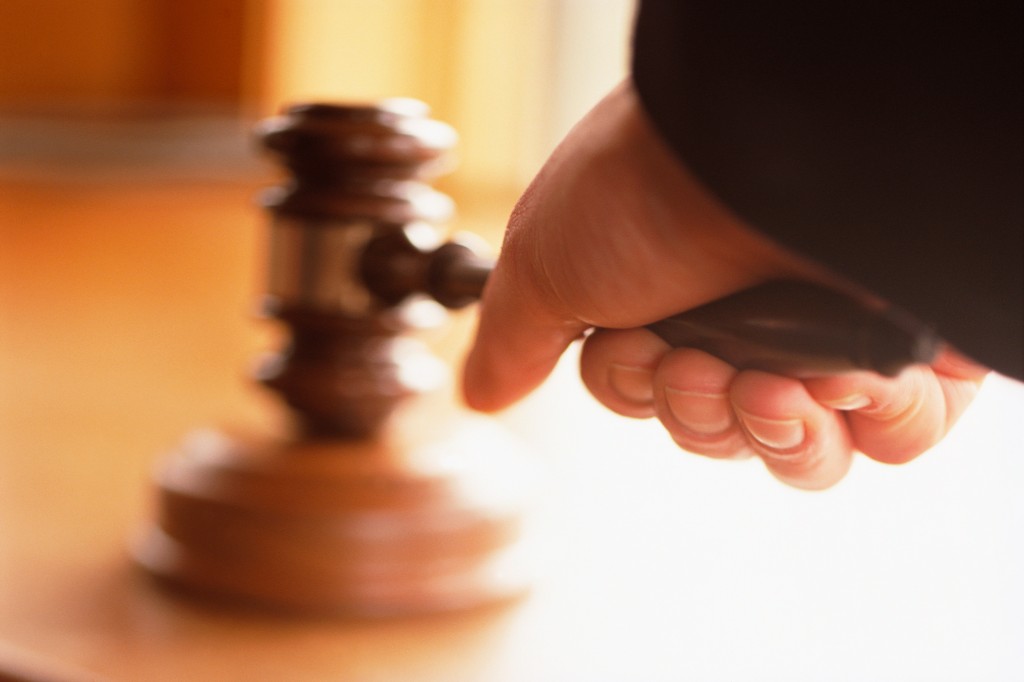JANUARY 25 ― Geoffrey Robertson QC is a distinguished human rights barrister, academic, author, and broadcaster who holds dual Australian and British citizenship.
He is the founder and head of Doughty Street Chambers, the UK’s largest human rights practice, a Master of the Middle Temple, and a visiting professor in human rights law at Queen Mary College in London.
In 2018, Geoffrey was awarded an Order of Australia medal for “his distinguished service to the law and the legal profession as an international human rights lawyer and advocate for global civil liberties.”
In 1999, Geoffrey was instructed by an advocate and solicitor in Malaysia to represent a defendant as his lead counsel in four defamation suits instituted against the defendant alleging him of libel and slander over a certain article published in London.

Accordingly, Geoffrey applied to the High Court under section 18(1) of the Legal Profession Act 1976 (the Act) for his admission as an advocate and solicitor to enable him to carry out the instruction. The Bar Council and the Kuala Lumpur Bar Committee (KLBC) did not object to the applications. In fact, they strongly supported the applications of the appellant.
The affidavit from the Bar Council stated that the applicant had vast experience in the area of defamation and media law and that he possessed special qualifications and experience not readily available among advocates and solicitors presently in practice in Malaysia.
The Attorney General (AG) and the plaintiffs in the defamation suits objected to the application on the grounds, among others, that the nature of the suits is not novel or complex and the appellant had failed to comply with the requirement of section 18 of the Act. The High Court dismissed Geoffrey's application. He appealed.
One of the issues before the Court of Appeal was whether Robertson was a person who, in the opinion of the court, had special qualifications or experience of a nature not available among advocates and solicitors in Malaysia.
Section 18(1) of the Act allows for admission as an advocate and solicitor of the High Court of Malaya in special cases, that is, for the purpose of any one case and subject to (a) the person having, in the opinion of the Court, special qualifications or experience of a nature not available amongst advocates and solicitors in Malaysia; and (b) he has been instructed by an advocate and solicitor in Malaysia.
Sections 18(3) mandates the court to have regard to the views of “the AG, the Secretary of the Bar Council and of the State Bar Committee in the State where such cause or matter is to be heard and the other party to the cause or matter” ― section 18(2).
By a majority, the Court of Appeal allowed the appeal. The dissenting judge, Abdul Hamid Mohamad JCA (as he then was), said the relevant qualification and experience must be looked at with reference to the issues in the case and with reference to Malaysia.
It was according to Malaysian law that the defamation action was to be decided. According to the learned judge, the affidavits in support of Robertson’s application did not say anything of his knowledge or qualification and experience of Malaysian law relevant to the issues in the defamation action.
The learned judge added that even if the QC had special knowledge of the recent developments of the law of libel in many countries, it was not necessary to get the QC to argue on them and explain to the Malaysian judges what they meant. (see p 269D-F, H-I).
The learned judge was not persuaded that Robertson had “special ‘qualification and experience’ in the understanding of the local sensitivity or insensitivity that will assist in the understanding of the application of Malaysian law in the Malaysian context that is not available amongst advocates and solicitors in Malaysia.”
The majority ― Haidar and Abdul Kadir Sulaiman JJCA ― however thought otherwise. Both had no doubt that the learned QC had satisfied the requirements of section 18(1)(a) of the Act to be eligible to be admitted to practise as an advocate and solicitor to represent the defendant in the defamation action as his lead counsel.
According to the learned judges, “that special qualifications or experience attained by the appellant was certainly of a nature not available amongst advocates and solicitors in Malaysia.”
Significantly, Robertson’s application had the support of the Bar Council and the State Bar Committee (KLBC). Both learned judges considered this. Delivering the judgement of the majority, Abdul Kadir Sulaiman JCA and said:
“In the instant case before the learned [High Court] judge, the views of the two bodies concerned with the promoting and safeguarding the interests of local advocates and solicitors, i.e. the Bar Council and the Kuala Lumpur Bar Committee, are of utmost importance in assisting the judge to make a decision as to whether the appellant should be granted his applications.
“But for extraneous reasons, the learned [High Court] judge ignored their views and decided to rely on the general assertion of the Attorney General and the plaintiff that the cases are of ordinary types without having regard to the substance and the evidence supporting the applications. Unless the stand taken by the said two bodies representing the local advocates and solicitors are suspect, which we do not think so, they are in a better position to assist the court in determining the fate of the applications of the appellant.”
Former prime minister Datuk Seri Najib Razak reportedly will apply for a Queen’s Counsel from the United Kingdom to argue his appeal to quash his conviction and 12-year jail sentence and RM210 million fine for the SRC International Sdn Bhd case in the Federal Court.
What will the Bar Council and the State Bar Committee say?
* This is the personal opinion of the writer or publication and does not necessarily represent the views of Malay Mail.





















